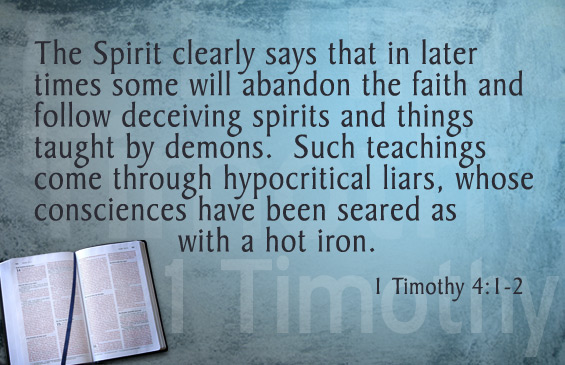DaisyJane
I probably should be working.
This article scrolled across my Facebook timeline this morning.
Why the Bible Doesn't 'Clearly Say' Anything
Thoughts??
For me, this paragraph stood out:
"So when someone says “the Bible clearly says X,” what they really mean is “my religious belief asserts that this set of scholars and their reading of the Bible is correct over against any others.” That’s fine—there will always be disagreements. But to pretend such disagreements don’t exist is ignorant at best, and disingenuous at worst."
Why the Bible Doesn't 'Clearly Say' Anything
Thoughts??
For me, this paragraph stood out:
"So when someone says “the Bible clearly says X,” what they really mean is “my religious belief asserts that this set of scholars and their reading of the Bible is correct over against any others.” That’s fine—there will always be disagreements. But to pretend such disagreements don’t exist is ignorant at best, and disingenuous at worst."

